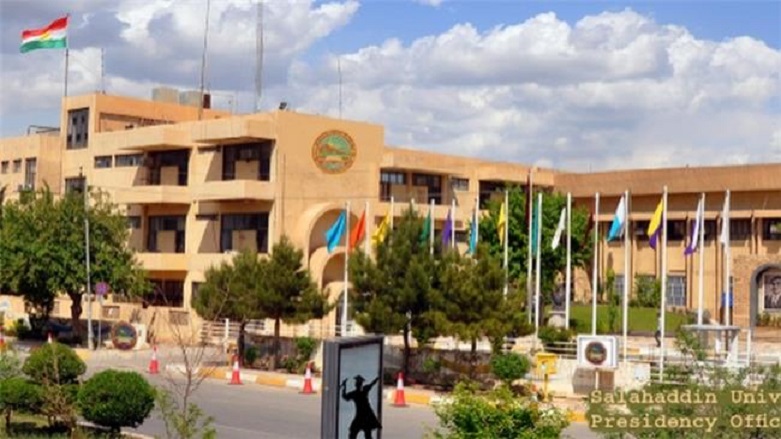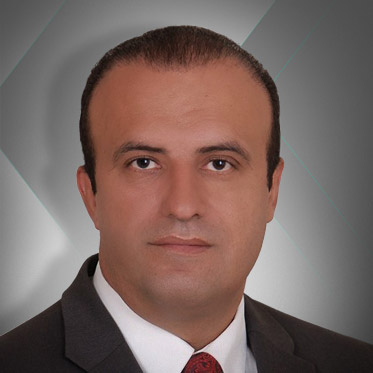Modernization of higher education in Kurdistan

Higher education modernization encompasses a set of processes which can transform the educational system in the Kurdistan Regional Government (KRG) from a stagnant, classic system to a receptive, modern system analogous to the most innovative countries.
Such modernization requires extensive changes and multilateral collaboration amongst the tripod of teachers, students, and the job market to ensure its effectiveness.
COVID-19 has highlighted the essential need for making critical upgrades that are grounded more in serious research than pretentious and cosmetic changes. These quality enhancements should be conducted at all the levels of the KRG’s education system, from kindergarten to higher education.
The Ministry of Higher Education and Scientific Research has a visionary team of technocrats who are aware of the shortcomings and are working toward addressing them. However, given the enormity of the task, they need further support from academics, higher education experts, and IT experts. They all need to share ideas and experience in order to enrich the educational system.
The modernization process could be divided into two stages, one focused on immediate effects and the other on long term goals. Both should be executed simultaneously.
Short-Term Stage:
This will consist of the creation of a reliable online higher education infrastructure for the upcoming academic year.
As universities worldwide have mostly managed their current academic year electronically, most of our public and private universities lacked the required online competencies. This has had a negative impact on the quality of higher education.
While the Ministry of Higher Education and Scientific Research is actively exploring various options for the upcoming academic year, in my opinion, at least for the first half of the next academic year, online delivery of education is the most realistic alternative.
As such, it is crucial for the ministry to consider the following ideas:
- Unifying and standardizing an online system for all public, and possibly private, universities.
- This would prove to be a significant opportunity for the ministry to coalesce the educational system and curricula for the public universities to initiate higher quality standards.
- Training the teachers, administrative staff, and management teams on how to use the online tools prior to the commencement of the upcoming academic year.
- The ministry can also incorporate partial E-government processes within the ministry for internal communication and relations with the universities prior to the upcoming academic year.
- Introducing an educational TV channel dedicated to higher education that would broadcast daily classes for those students who are located in remote areas.
Long Term Stage:
Some of the processes that could be worked out in parallel with ministry agendas could be the following:
- Passing legislation, in collaboration with the government and parliament, to provide a legal framework for online education before the beginning of the upcoming academic year.
- Restructuring ministry-wide policies to incorporate E-government services.
- Reducing the administrative bureaucracy and reforming organizational charts of the ministry to accommodate new electronic system requirements.
- Ensuring the offered academic degree programs are relevant to the job market.
- Supporting the universities’ academic and administrative independence so each can pursue changes required by existing job markets.
- Introducing a mechanism to enhance the quality of academic degree programs.
- Offering 24-hour online customer service, rather than only within a single window of time within limited working hours.
An academic, writer, and publisher, Dr. Saqi Barzani is the President of the American Stratford University. He holds a PhD in Leadership & Management with a specialization in E-government. He served as Editor-in-Chief of Klawrojna, an online Kurdish-English Newspaper, for 15 years.
The views expressed in this article are those of the author and do not necessarily reflect the position of Kurdistan 24.
Editing by John J. Catherine
